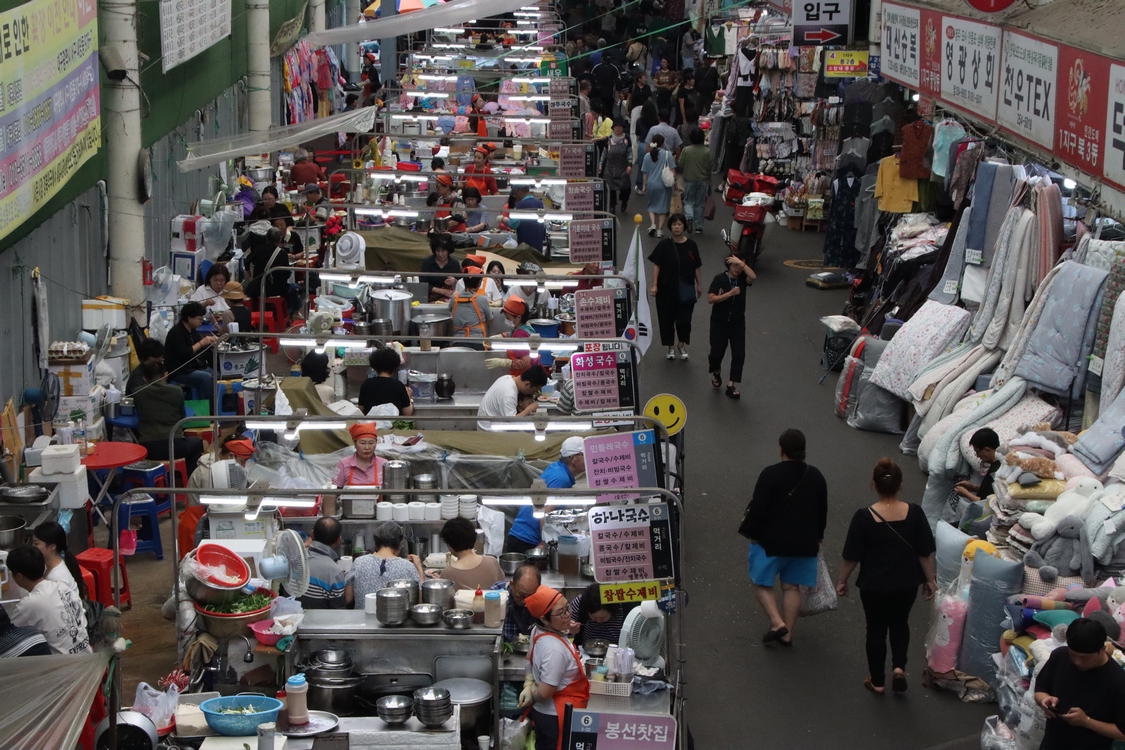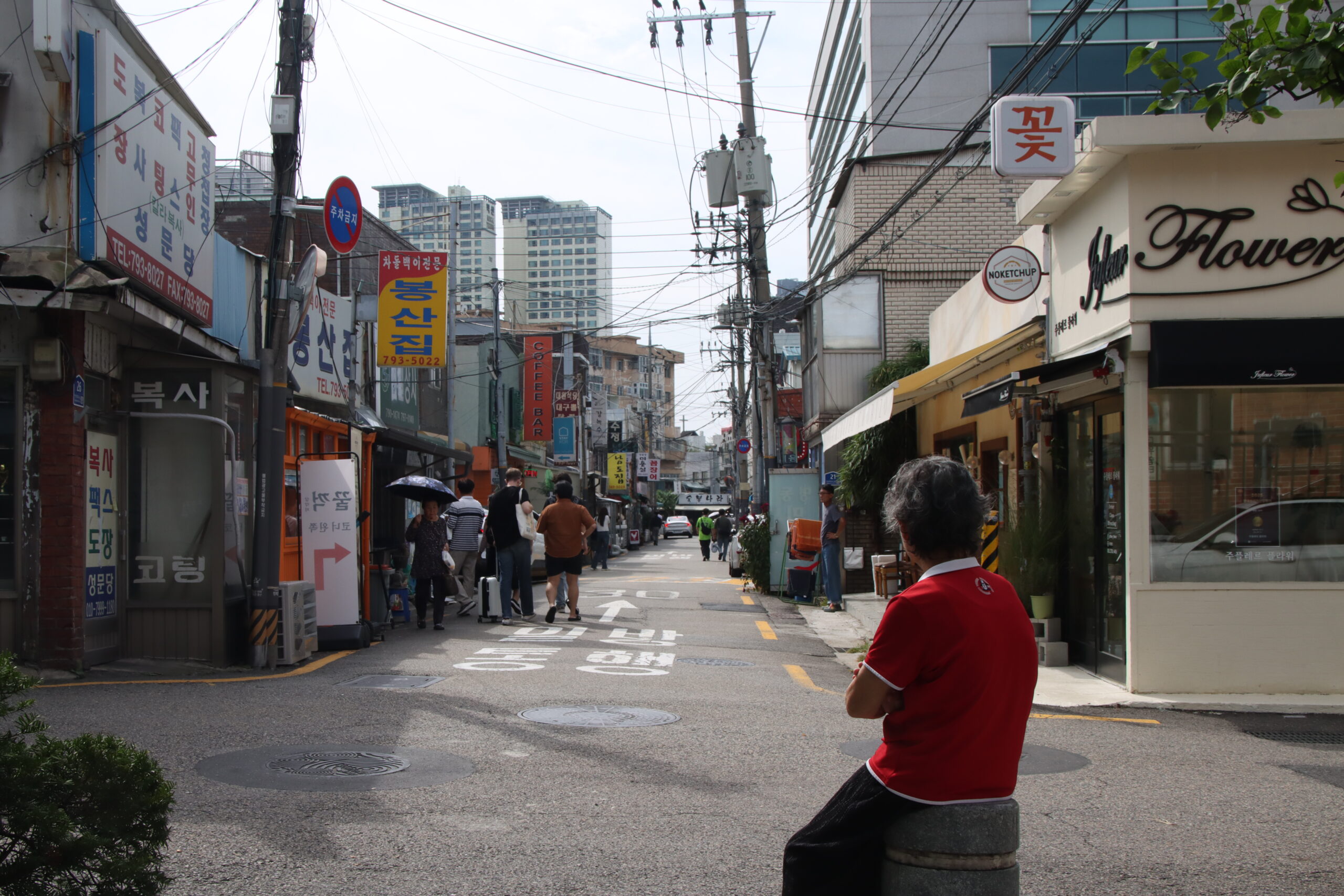I receive a certain comfort, as strange as this may sound, when I witness someone from East Asia displaying what would in the West largely be considered uncivilized behavior: examples are necessary to stifle concerns that this is going to become racist. Hawking loogies, for those who have spent time in the East, is a great first example. Additionally, one might say the seeming inability to be bothered by the smell of fish and the conduct resulting from such an immunity.
What am I on about? A South Korean literally told me in a kind of man-on-the-street scenario that they consider Mainland Chinese somewhat poorly behaved visitors, and the recent development between the two nations, that Chinese can visit South Korea visa-free, a bit of a headache as it means more poorly behaved visitors. Living in China as I did in 2018, I can relate to the notion, as my initial 2-3 months were somewhat of an acid test for my tolerance.
Yet slowly but steadily, I grew to find endearing what those in South Korea are beginning to see as misbehavior. There’s something about seeing so much of a globalized world that makes a man cling to idiosyncrasies. Now that so much of so much is done in the same way from Timbuktu to Taipei to Tampa, when you see something different, it’s somewhat of a relief, and in this way, the Chinese mannerisms are precious to me.

I remember walking through a police constabulary and seeing a boardroom awash in cigarette smoke while a dozen inspectors and officers roared with laughter—something straight out of the 1970s. I remember the ubiquity that was small, single-room stores run by the elderly selling bolts of cloth, bedding, and carpentry supplies, or who repaired small-value items like sandals and umbrellas. I remember the smell of duck, and the sight of duck, and the enthusiasm for duck, and the taste of duck.
What does this have to do South Korea? If you leave the metropolis of Seoul and its metropolic surrounding cities and head out into the interior B and C level cities, the South Koreans start to remind me a lot of the Chinese in all the good/bad ways. People start to spit again, offal starts to appear in shop windows, and dozens of tiny stores with their elderly owners resist the corporate coverage of the country with branded items and franchised locations.
People squat on their haunches waiting for the bus. Starbucks goes from a serve-all watering hole into a place where important business people meet to discuss important business and show each other graphs and stock prices.

During the making of Star Trek: The Next Generation, Gene Rodenberry was eager to advance a philosophical view that the crew of the Starship Enterprise, 100 years in the future from the original Star Trek, and all of humanity besides, would have achieved some universal understanding that would allow the script writers the leave behind the “crusty banter” between Kirk, Bones, and Spock. Rodenberry argued that humanity would inevitably advance to some stage wherein there wouldn’t even be an instinct to make ironic jests.
I’m no utopianist, nor would I decry such a reality if it came to pass, but living in China, and then visiting South Korea did make me realize that seemingly unnecessary, rude, indecent, or primal behavior can make certain places at certain times charming in a way that the opposite of that behavior can’t: because it embodies a wave of standardization and homogenization that is enveloping the world, threatening to cleanse it of individuality, and turn us all into Captain Jean-Luc Piccard.



